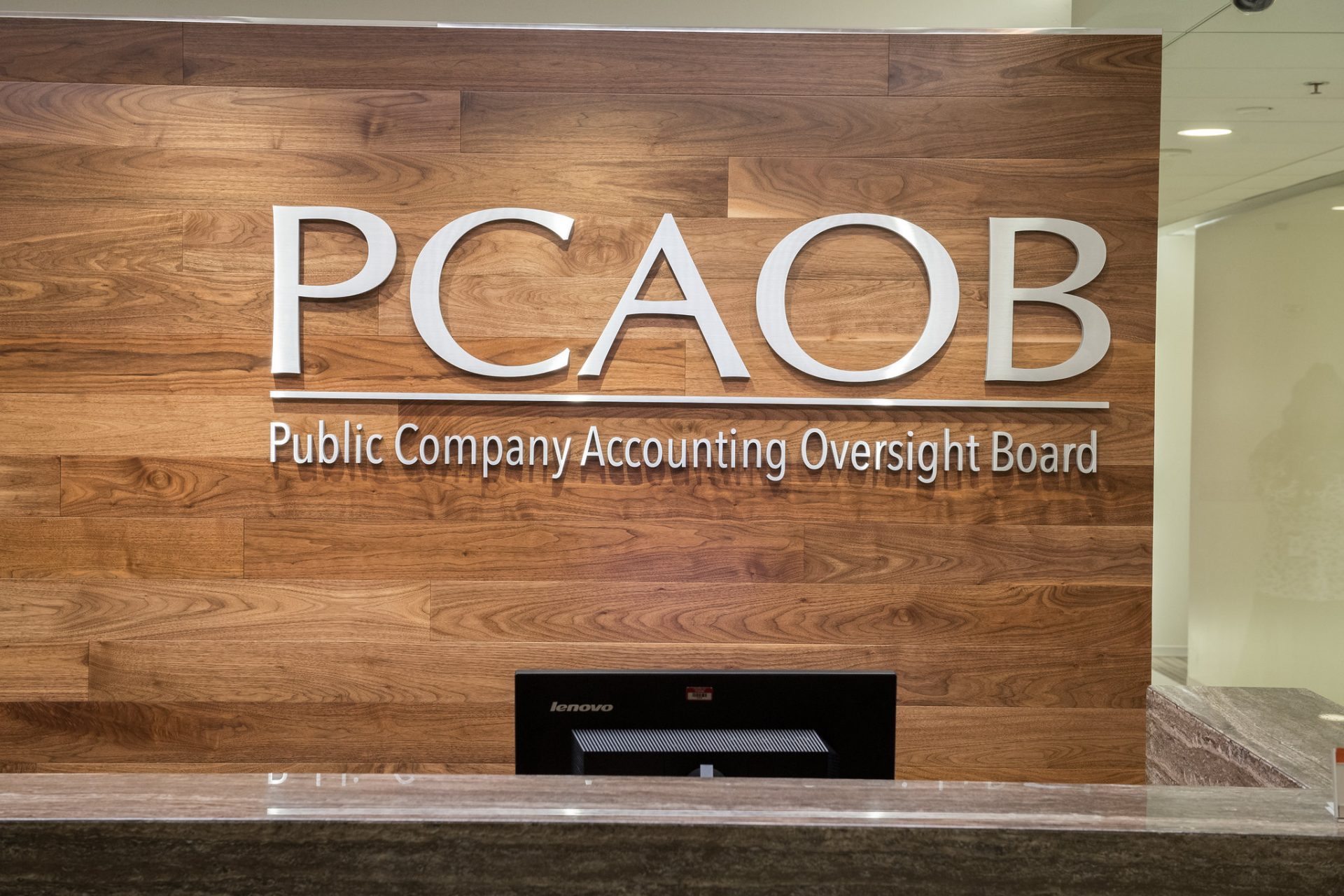Auditing
PCAOB Proposes to Refresh Quality Control Rules for Audit Firms
The PCAOB plans to take a five-pronged approach to updating its quality control rules.
Nov. 21, 2022

The Public Company Accounting Oversight Board (PCAOB) has plans to overhaul its quality control requirements for audit firms, saying on Nov. 18 that its existing rules are in serious need of modernization.
“Quality control systems set the foundation for how firms perform their audits, so making sure those systems are effective in today’s economy is essential to protecting investors,” PCAOB Chair Erica Williams said in a written statement.
In its five-year strategic plan, which the board approved on Nov. 18, the PCAOB listed updating standards as its top goal for the years 2022 to 2026. Why? Because many existing auditing standards, including those for quality control, were developed and issued by the American Institute of CPAs before the PCAOB was established by the Sarbanes-Oxley Act in 2002.
The PCAOB noted:
The auditing environment has changed significantly since that time, including evolving and greater use of technology, and increasing auditor use of outside resources, including other firms and providers of support services. Firms themselves have also changed significantly, as has the role of firm networks. Historically, our advisory groups have indicated general support for strengthening the QC standards, including support for implementing a risk-based approach and for enhancing requirements for firm governance and leadership. And advances in internal control, quality management, and enterprise risk management suggest that factors such as active involvement of leadership, focus on risk, clearly defined objectives, objective-oriented processes, monitoring, and remediation of identified issues can contribute to more effective QC.
The PCAOB issued a concept release in December 2019 that generated comment letters from firms, investors, investor advocates, academics, trade groups, and others. This input, along with the PCAOB’s own quantitative and qualitative economic analysis, helped to inform the proposal, the board said.
The PCAOB decided to take a five-pronged approach to modernizing its quality control rules:
- Supersede current PCAOB quality control standards with an integrated, risk-based standard, QC 1000, A Firm’s System of Quality Control, that would apply to all registered public accounting firms.
- Create reporting requirements on quality control matters and a new, non-public reporting form, Form QC.
- Expand the auditor’s responsibility to respond to deficiencies on completed engagements under an amended and retitled AS 2901, Responding to Engagement Deficiencies After Issuance of the Audit Report, and related amendments to PCAOB attestation standards for broker-dealer engagements.
- Supersede existing standard ET 102 with a new standard, EI 1000, Integrity and Objectivity, to better align the PCAOB’s ethics requirements with the scope, approach, and terminology of QC 1000.
- Make additional changes to PCAOB standards, rules, and forms.
The proposed QC 1000 standard “includes requirements regarding individual roles and responsibilities in the QC system, a requirement to evaluate the effectiveness of the QC system annually and report on the results of that evaluation to the PCAOB and to the audit committee (or equivalent) of each issuer and broker-dealer audit client, and documentation requirements,” the PCAOB said.
“Under the proposal, all registered firms would be required to design a QC system that meets the requirements of QC 1000. Firms would be required to implement and operate the QC system in compliance with QC 1000 when they perform an engagement under PCAOB standards, play a substantial role in the preparation or furnishing of an audit report (as defined in our rules), or have current responsibilities under applicable professional and legal requirements regarding any such engagement.”
The PCAOB requests public comment on the proposal by Feb. 1, 2023.
